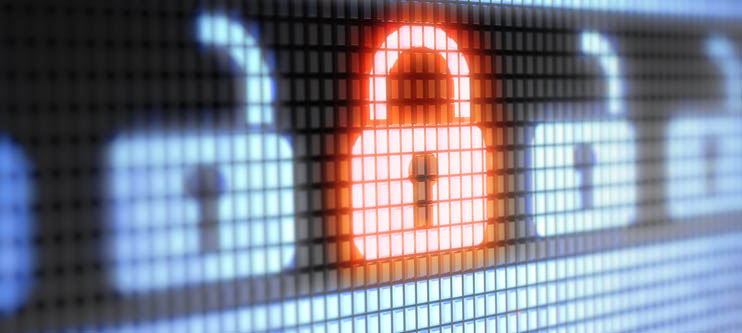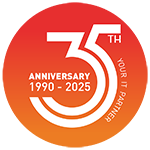Here’s a reminder to do something you probably haven’t done in a while…change your common passwords.
And, while you’re at it, choose new passwords that are not so common.
Some of the most commonly-used passwords, according to the security group SplashData, are “password”, “qwerty”, “12345” and “welcome”. Predictably, they are all terribly easy to guess. You can see the whole list at the bottom of this article.
The security group, which collects and sorts passwords from data breaches in North America and Europe, said “123456” was, for the 5yh year in a row, the most common password. Groan.
The latest report was compiled from more than 2 million leaked passwords. Some new and longer passwords made their debut on the list, which shows some kind of an effort – by both websites and web users – to be more secure. Nevertheless, the longer passwords are so easy that their being longer does not mean safer.
The data gives some insight into the minds of internet users. People love sports, as both “football” and “baseball” are in the top 25 most popular passwords. Others choose to use mainstream pop culture references, like “starwars”, as their password.
So, now that you know how easy it is to hack your password, what should you do?
Top 5 Internet Password Don’ts:
- Don’t use easily guessed passwords, especially anything that could be guessed by a look at your Facebook profile. Big fan of Star Wars? Big fan of Football? Don’t use that as your password. You know better now.
- Don’t use your network username as your password.
- Don’t choose passwords based upon personal details that are not top secret, like your birth date, phone number, or names of family members and pets.
- Don’t use words that are found in the dictionary. Free online password-cracking tools come with dictionary lists that will try thousands of common names and passwords.
- Never use your email password at any e-commerce site: If you do, and a site you are registered at gets hacked, there’s a very good chance someone will be reading through your e-mails.
Top 5 Internet Password Do’s:
- Create unique passwords that that use a mix of words, numbers and both upper- and lower-case letters.
- Choose a long password, like a phrase that has personal meaning (for easy recollection). Probability means that a longer password will be harder to crack.
- Think in terms of phrases. Use the first letters of a memorable pangram, such as “Pmbw5dlj’ = “Pack my box with five dozen liquor jugs.”
- If you’re not a creative type, use a password manager like 1Password, which can generate secure passwords and store them for you.
- Ideally, protect yourself best by using two-factor authentication (2FA), which will send a text with a code or use an app to verify your log-in. Find out which websites support 2FA at TwoFactorAuth.
Obviously, a secure password is only piece of the puzzle. Other pieces include installing strong firewalls, plugging up network holes, user education, and physical security – all things that a great IT company can help with, to bring peace of mind.
The 25 most common passwords
- 123456
- password
- 12345678
- qwerty
- 12345
- 123456789
- football
- 1234
- 1234567
- baseball
- welcome
- 1234567890
- abc123
- 111111
- 1qaz2wsx
- dragon
- master
- monkey
- letmein
- login
- princess
- qwertyuiop
- solo
- passw0rd
- starwars
Technology can be a little intimidating. If you’d like a hand, feel free to reach out and let’s see what we can do to help.






